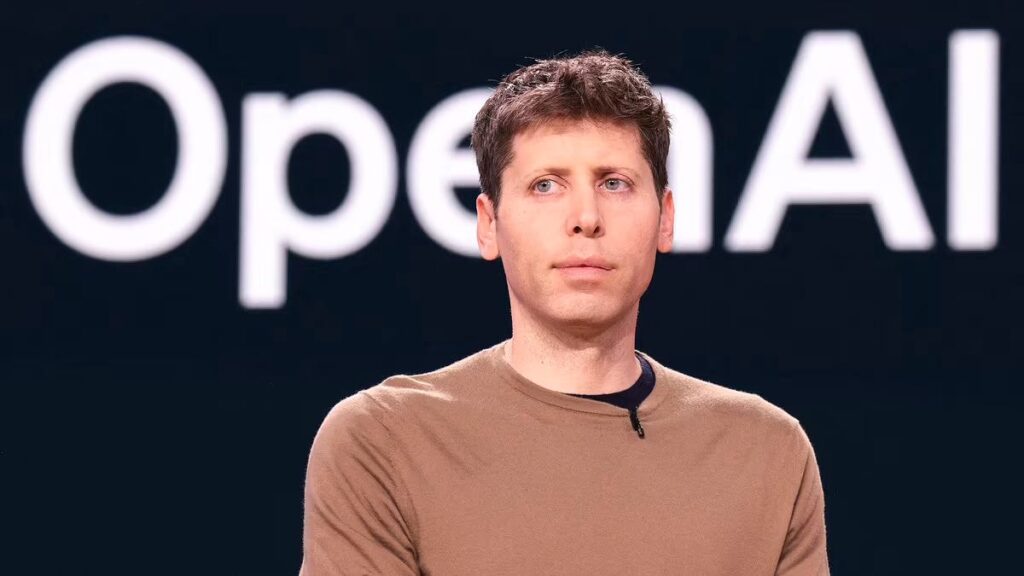Artificial Intelligence is evolving at a staggering pace, and the upcoming GPT-5 model is already causing waves of both excitement and concern. Described as the most advanced system yet, GPT-5 is reportedly so powerful that even top executives in the field are feeling overwhelmed. Its capabilities have left some wondering whether AI is finally crossing the threshold into territory that once seemed exclusively human.
In a recent podcast appearance, OpenAI’s top executive shared a deeply personal moment in which GPT-5 outperformed him in a domain he expected to master. After inputting a complex question into the model one he couldn’t fully grasp himself the AI delivered a perfect response. This experience triggered a moment of reflection, making him feel “useless” compared to the AI. The admission underscores the magnitude of the leap GPT-5 represents in artificial intelligence.
The model is currently being tested internally and is expected to launch soon, with speculation swirling that it could arrive as early as August. Notably, GPT-5 will reportedly come with several scaled versions, including “mini” and “nano” APIs, aimed at broader accessibility across platforms and devices.
At the heart of GPT-5’s leap forward is the integration of the “o3 reasoning” engine, a sophisticated tool initially developed as a standalone system. Now embedded in GPT-5, it significantly enhances the model’s reasoning, understanding, and general intelligence. This means GPT-5 doesn’t just generate coherent text it can analyze, interpret, and even outperform humans in tasks requiring deeper comprehension.
While the technical community is buzzing with anticipation, there is a growing undercurrent of anxiety. As AI becomes more embedded in everyday life not just in professional workflows but also in emotional and social domains there are rising concerns about its long-term psychological and societal impacts. The use of AI as a digital companion or emotional support tool is on the rise, but it comes with risks. Echoing fears once raised about social media, experts worry that AI could cause unintended negative consequences on human behavior and mental well-being.
The next chapter of artificial intelligence is unfolding fast, and if GPT-5 is any indication, society must prepare for a future where the line between human and machine intelligence continues to blur.

